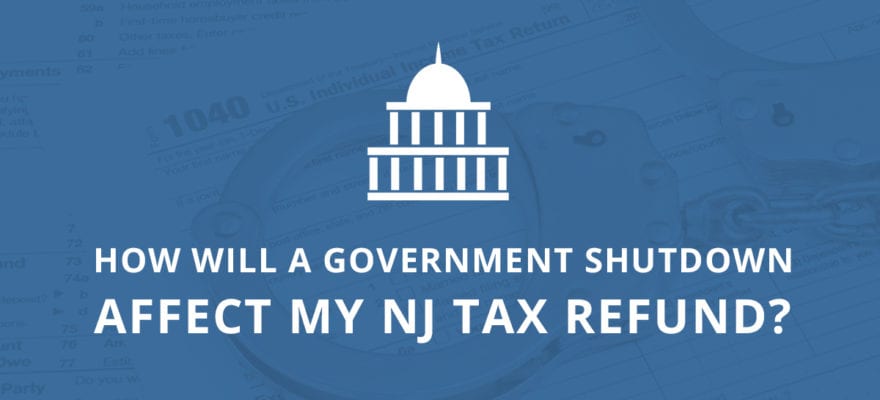From December 22, 2018, until January 25, 2019, the U.S. federal government was partially shut down. Now that it’s ended, the leading question for many New Jersey residents seems to be “When will I get my tax refund?”
The Internal Revenue Service (IRS) was among the government agencies impacted by the closure. It retained approximately 12.5% of its staff during the shutdown, which was the longest in U.S. history, but these employees were primarily focused on technology and security concerns, not refunds for taxpayers.
Although the IRS stated that it would be processing tax returns and accepting payments, it would not be performing the following services during the shutdown:
- Processing refunds
- Answering phone helplines
- Updating tax forms
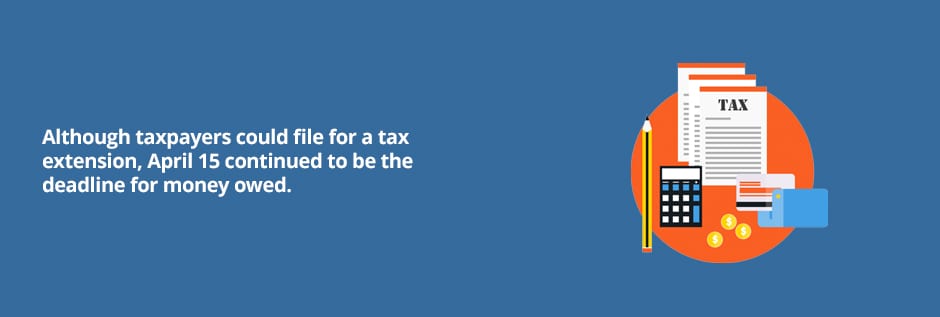
Although taxpayers could file for a tax extension, April 15 continues to be the deadline for money owed.
When the shutdown ended, the IRS resumed operations on January 28 and officially opened the 2019 individual tax filing season the same day by accepting e-filed returns. In a statement posted on its website, the agency stated that it would do everything in its power to ensure that this year’s tax season ran smoothly. The IRS added that it would issue refunds as soon as possible and expected to start paying early ones in mid- to late February.
Although this sounds like good news for those expecting a refund, some New Jersey residents may still encounter delays. The primary reasons are explained below.
Delays in Tax Software Integration
the IRS had a lot of catching up to do with all the paperwork and communications that accumulated during the government closure. One of the major backlog areas is integrations for e-filed returns.
Before the shutdown, software developers at the IRS and the state agencies that process state tax returns were hard at work applying the huge amount of changes to the tax code. These updates had to be sent out through the programs that taxpayers use to file their returns. Due to the closure, many states were unable to finish updating their software to accept returns.
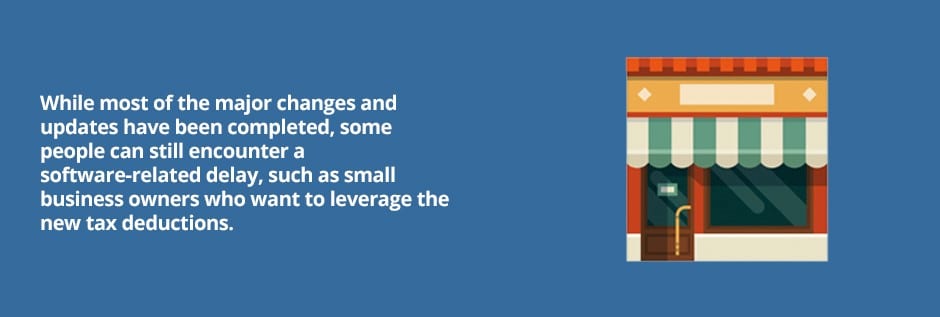
While most of the major changes and updates have been completed, some people can still encounter a software-related delay, such as small business owners who want to leverage the new tax deductions.
Delays Due to the PATH Act
The IRS stated on its website that at least two filing statuses could mean a delayed refund this year, namely those who claim the Earned Income Tax Credit or the Additional Child Tax Credit. The agency said that these filers could, and may already have, experienced a hold on their refund.
This is because the Protecting Americans from Tax Hikes (PATH) Act requires the IRS to wait until after February 15 before it can process refunds for those tax credits. The goal is to eliminate fraud and give the IRS enough time to verify that no duplicate returns were filed. The problem is that your entire refund gets held up, not just the Earned Income Tax Credit or the Additional Child Tax Credit parts.
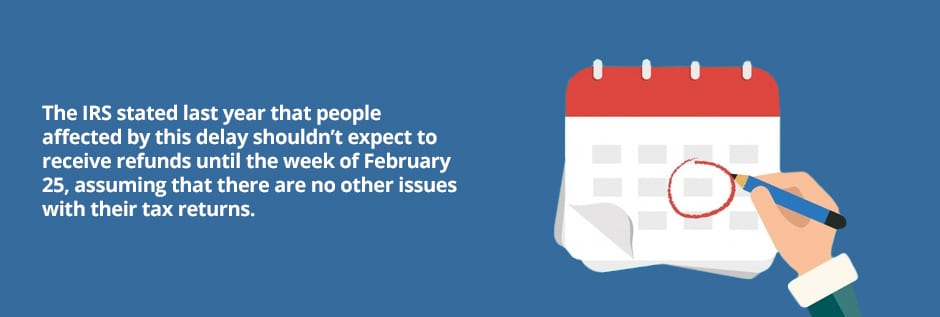
The IRS stated last year that people affected by this delay shouldn’t expect to receive refunds until the week of February 25, assuming that there are no other issues with their tax returns.
This is not a new rule, but for those who are claiming either of those credits for the first time, the IRS wanted to make them aware that they may have to wait a little longer for their refund, especially if the backlog continues to be challenging.
File Early
Even if you receive your tax refund later than usual, it still makes sense to file as soon as you have all the documentation needed to complete your tax return. If you’re a business owner wanting to take advantage of the 199(a) deduction, you won’t be filing your return until late March at the earliest, so some delays won’t make much of a difference to you.
Contact a New Jersey Tax Attorney
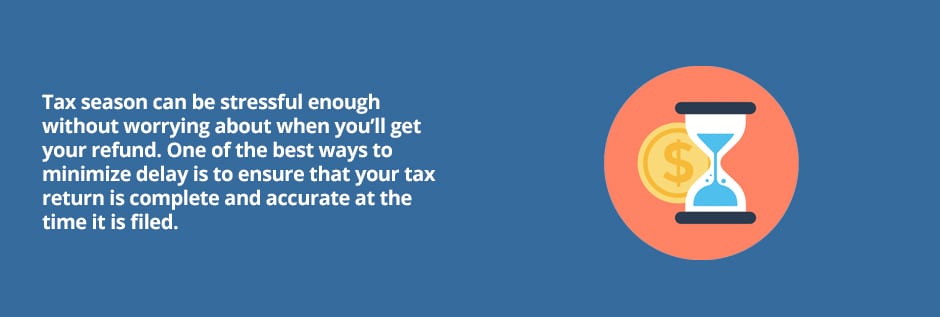
Tax season can be stressful enough without worrying about when you’ll get your refund. One of the best ways to minimize delay is to ensure that your tax return is complete and accurate at the time it is filed.
Attorney Brad Paladini provides experienced and knowledgeable tax guidance to New Jersey individuals and businesses who require assistance with understanding and fulfilling their tax obligations. For more information, please contact Paladini Law or call 201-381-4472.
